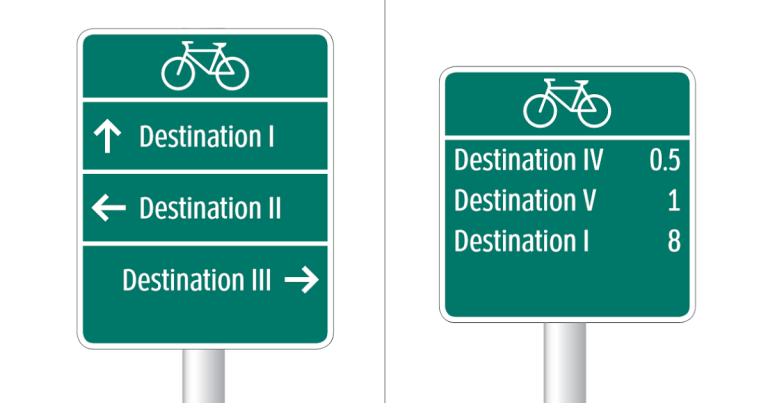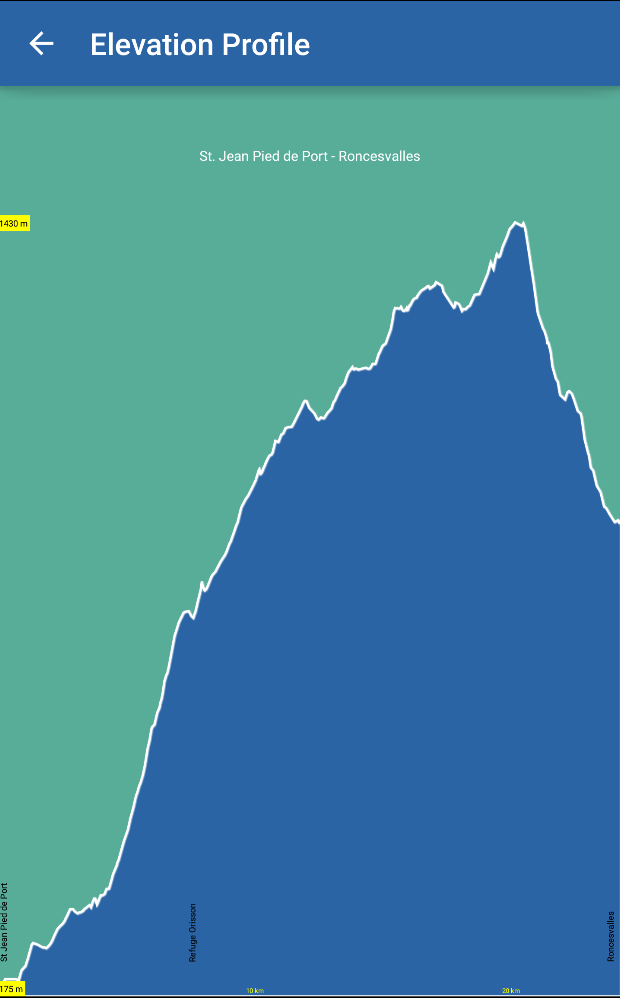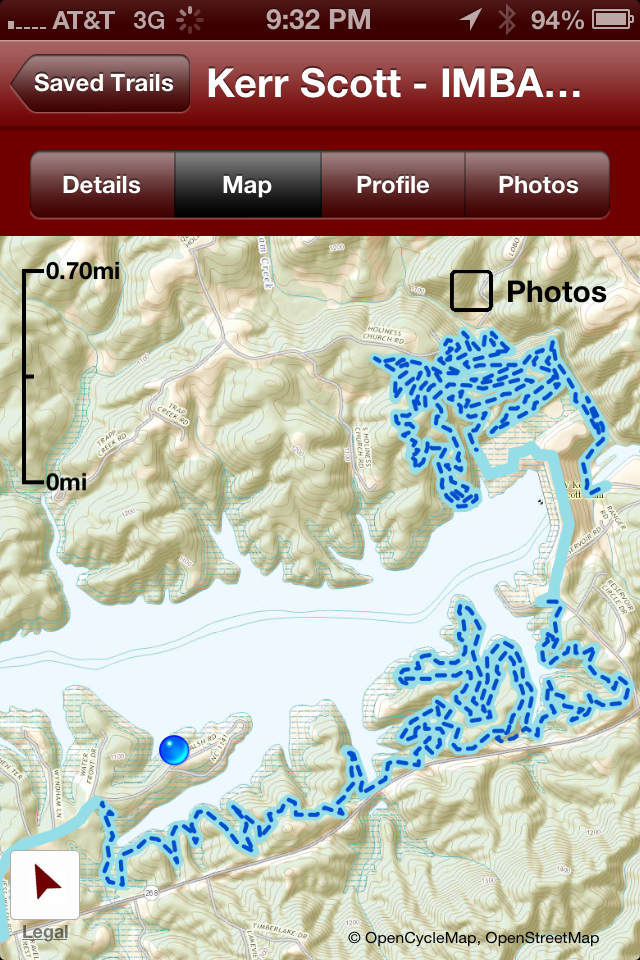“`
Planning the Perfect Ultra-cycling Route: A Cyclist’s Guide
Ultra-cycling is the pinnacle of endurance feats on two wheels. It combines distance, stamina, and persistence, with route planning being one of its most crucial components. For those aspiring to tackle an ultra-cycling challenge, planning the perfect route is vital. Whether you’re a recreational cyclist or a seasoned competitor, having a well-mapped route can significantly impact your performance and safety. This article delves into the essential elements of planning the perfect ultra-cycling route, considering cycling performance metrics, bike maintenance tips, and much more.
What is Ultra-Cycling?
Ultra-cycling generally refers to cycling distances exceeding a typical century ride, often encompassing hundreds or even thousands of miles. It’s not merely about pedaling over longer distances, but also navigating challenging terrains, managing nutrition, and maintaining bike performance over extended periods. This pursuit requires meticulous planning, given the multitude of factors influencing a cyclist’s journey.
Importance of Route Planning
Planning the perfect ultra-cycling route is critical for several reasons. It ensures that cyclists consider elevation gain, distance measurement, road safety, and other vital elements. A well-planned route maximizes performance while minimizing risk, ensuring cyclists achieve their goals with optimal safety and effectiveness.
Analyzing Terrain and Elevation Gain
One of the primary aspects of route planning is analyzing the terrain and elevation gain. Knowing the topography of the route helps cyclists prepare for uphill climbs and descents, which are physically demanding sections requiring careful pacing and energy management.
Navigation Tools and Route Mapping Software
Today’s technology offers advanced navigation tools and route mapping software that can help cyclists identify the best routes. These tools provide data on surface types, distance measurements, and elevation changes, offering real-time adjustments if necessary.

Endurance Training and Pace Management
Endurance training is a major cornerstone in preparing for ultra-cycling events. Cyclists need to focus on increasing their aerobic capacity, strength, and stamina to tackle extended rides.
Training Techniques for Cyclists
Key training techniques, such as interval training and power-based training, can significantly improve endurance and performance. Regular endurance training enables cyclists to ride longer distances with improved energy conservation and pace management.
Mental Resilience
Mental resilience is equally important as physical fitness. Ultra-cyclists often face mental fatigue, thus incorporating mental resilience techniques like visualization and positive self-talk can be incredibly helpful.
Checkpoint Scheduling and Rest Stops
Strategically placed checkpoints and rest stops allow cyclists to refuel, perform bike maintenance, and hydrate. Proper scheduling can prevent fatigue and ensure necessary rest times are adhered to.
Nutrition Strategy and Hydration Planning
Maintaining proper nutrition and hydration is crucial for ultra-cyclists. A Nutrition strategy ensures that energy stores are replenished periodically during the ride.
Best Nutrition Practices for Cyclists
Effective nutrition practices involve consuming carbohydrates, proteins, and fats at regular intervals. Energy gels, bars, and electrolyte drinks can help sustain energy levels.
Hydration Planning
Hydration planning involves carrying enough fluids and knowing where to replenish. Proper hydration can prevent cramps, fatigue, and overheating during long rides.

Weather Forecasting and Road Safety
Weather conditions can significantly influence a cyclist’s performance. It’s important to understand the forecast and plan the route accordingly.
Utilizing Weather Forecasts
Make use of weather forecasting tools to predict rain, wind, or extreme temperatures, ensuring the chosen routes are safe and optimal for riding.
Understanding Traffic Conditions and Scenic Routes
Understanding traffic conditions is vital for safety. Scenic routes might be less trafficked and provide a more enjoyable ride; however, one must balance scenic views with safety.
Bike Maintenance and Gear Selection
Bike maintenance is a foundational aspect of ultra-cycling preparedness. A well-maintained bike ensures reliability, reduces mechanical failures, and enhances riding comfort.
Bike Maintenance Tips
Regular maintenance such as lubrication, tire checks, and brake adjustments should be part of pre-ride preparation. Cyclists are encouraged to carry repair kits for emergencies.
How to Choose the Right Cycling Gear
Proper gear selection can affect the success of an ultra-cycling event. Comfortable clothing, adequate protective gear, and functional accessories like lights and saddlebags are essential.
Coordination and Support Crew Involvement
A support crew can enhance a cyclist’s efficiency and morale during an ultra-cycling event. Effective support crew coordination enables the smooth execution of planned logistics and offers necessary assistance.
Benefits of a Support Crew
A well-coordinated crew provides real-time route updates, nutritional support, and mechanical assistance if needed. This can significantly elevate a cyclist’s experience and performance.
Conclusion
Due consideration of route planning for ultra-cycling is not just a nice-to-have; it’s a necessity for success and enjoyment. As cyclists tackle ever longer and more challenging routes, proper planning is paramount to achieving personal goals, ensuring safety, and maximizing enjoyment. Embrace these methods, embark on your journey, and share your experiences to inspire others. Happy Cycling!
FAQs
What is ultra-cycling?
Ultra-cycling involves cycling over extremely long distances, often exceeding 100 miles, requiring significant endurance and preparation.
How do I plan the perfect ultra-cycling route?
Consider terrain analysis, elevation gain, route mapping, and weather conditions. Use navigation tools and map software to plan effectively.
What’s the best way to manage nutrition for ultra-cycling?
Maintain a balanced intake of carbohydrates, proteins, and fats. Hydrate effectively and plan rest stops for refueling.
How important is bike maintenance for ultra-cycling?
Critical. Proper maintenance ensures reliability and safety. Regular checks and carrying repair kits can prevent unforeseen breakdowns.
How can I ensure road safety during ultra-cycling events?
Plan routes considering traffic conditions, use proper lighting and visibility gear, and stay informed about changing weather and road conditions.
“`





